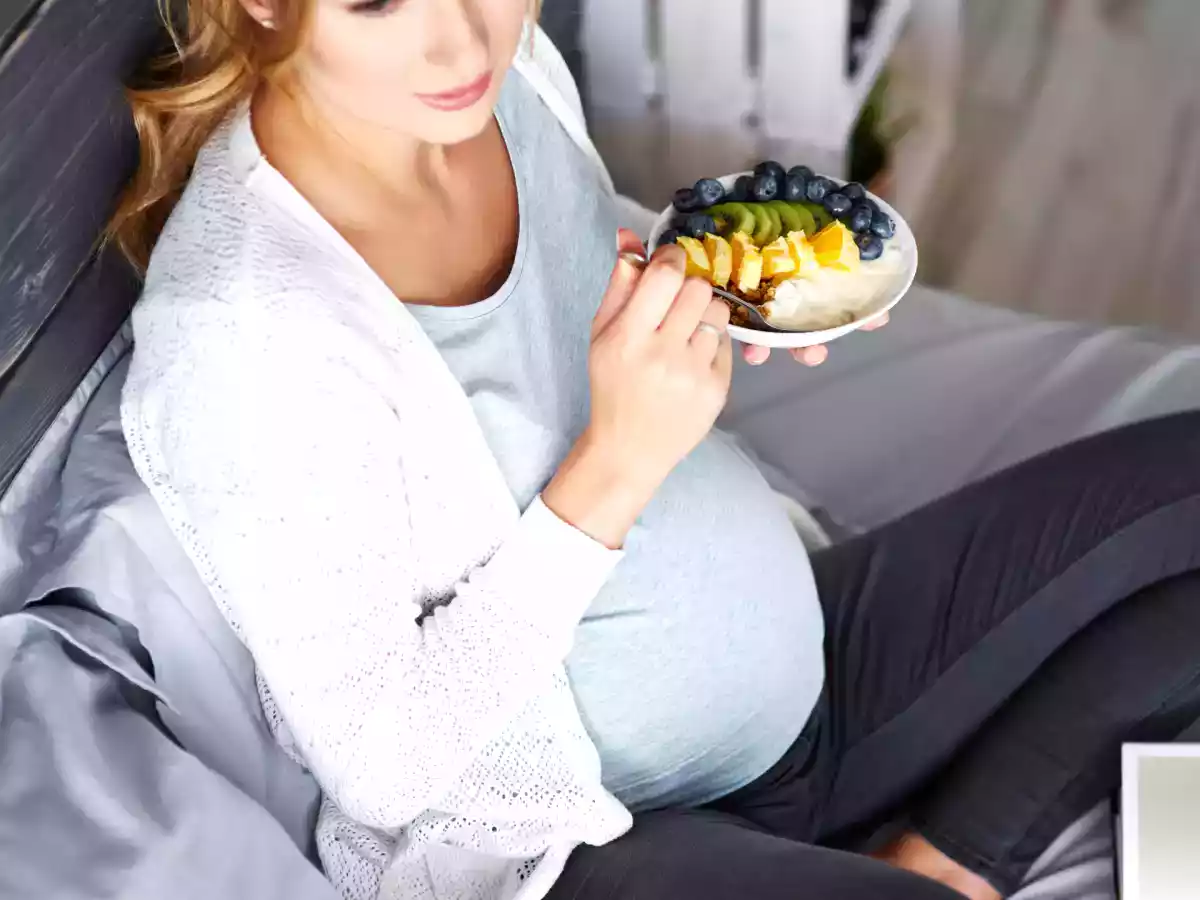Foods that put your pregnancy at risk: Protect your baby's life now

During pregnancy, even a small dietary error can trigger serious and irreversible consequences. Studies show that infections such as listeriosis can increase the risk of fetal loss or premature delivery by up to 20 times. Consuming mercury-rich fish can damage a baby's developing brain. But it's not just these foods that could be putting you and your baby's health at risk. This article will guide you through the foods you should immediately eliminate from your diet if you are pregnant.
Your diet is not just another detail: it's the first line of defense against problems that could make a vital difference.
Foods to avoid during pregnancy and their risks:
Fish with high mercury content
Mercury is a heavy metal that can damage the nervous system of the fetus. Fish such as shark, swordfish, mackerel and tuna usually have high levels of mercury. It is recommended to opt for low-mercury alternatives, such as salmon, sardines and cod.
Raw and smoked fish and shellfish
Consuming raw fish or shellfish, such as sashimi, ceviche, oysters or clams, can expose the mother and fetus to bacterial and parasitic infections, such as listeriosis, salmonellosis or anisakis. These infections can cause serious complications in pregnancy, including the risk of miscarriage or premature birth. While a well-cooked salmon loin is an excellent source of protein and nutrients for both mother and baby, smoked or cured versions, such as smoked salmon or gravlax salmon, should be avoided.
Raw or partially cooked eggs
Raw or undercooked eggs may contain Salmonella bacteria, which cause food poisoning. In pregnant women, the symptoms of infection (vomiting, diarrhea and fever) may be more severe and increase the risk of dehydration and premature contractions. Pay attention to preparations and desserts that often include raw (or undercooked) eggs in their preparation, such as homemade mayonnaise, tiramisu, mousse, etc. Opt for alternative versions such as: tiramisu block without eggs, lactonesa (egg-free mayonnaise), etc.
Raw or undercooked meat
Raw or undercooked meat may contain bacteria such as E. coli, Salmonella or Toxoplasma. Toxoplasmosis, in particular, is a parasitic infection that can seriously affect the baby, causing developmental problems, blindness or neurological problems. Avoid undercooked steaks, eliminate from your diet steak tartar, carpaccio or similar.
Cold meats and sausages
Sausages and processed meats, such as ham, salami, chorizo or pâté, may be contaminated with Listeria, a low-temperature resistant bacterium that can cross the placental barrier and cause serious infections in the fetus. If you wish to consume them, they should be cooked and heated at high temperatures to eliminate possible bacteria.
Unwashed fruits and vegetables
Unwashed fruits and vegetables may have traces of soil or contaminants, including bacteria and parasites such as Toxoplasma. Ensuring that these foods are thoroughly washed and sanitized significantly reduces the risk of infection.
Raw sprouts of alfalfa, soybeans and others
Raw sprouts may be contaminated with bacteria such as Salmonella and E. coli, which thrive in the moist conditions in which these foods grow. Sprouts are only safe if fully cooked.
Certain types of teas and infusions
Some infusions, such as herbal teas, may contain compounds that stimulate the uterus or have unknown effects on pregnancy. For example, licorice tea or ginseng tea are not recommended, as they may affect hormonal balance.
Caffeine in excess
Caffeine in high amounts (more than 200 mg per day, approximately two cups of coffee) is associated with an increased risk of low birth weight and problems in fetal development. In addition to coffee, other sources of caffeine include black tea, energy drinks and soft drinks. Limiting their consumption is key to a healthy pregnancy.
Alcohol
Alcohol, although a beverage and not a food, can cause serious developmental problems in the baby, including fetal alcohol syndrome (FAS), which leads to long-term physical and mental disabilities. There is no safe amount of alcohol during pregnancy; therefore, complete elimination is recommended.
Unpasteurized dairy products
Unpasteurized dairy products, such as some types of fresh cheese (brie, camembert, blue cheese) and unprocessed milk, may contain Listeria and other bacteria dangerous to pregnancy. Opting for pasteurized products is safer to prevent infection.
So that:
Adopting a healthy and safe diet is essential for a safe pregnancy. Avoiding these foods not only protects the mother's health, but also the baby's development. Maintaining a balanced diet based on well-washed fruits and vegetables, cooked proteins or pasteurized dairy products, among others, is the best way to support a healthy pregnancy. In addition to these foods, there are others that are also not recommended, such as certain sweeteners (such as saccharin) or ultra-processed foods with excess trans fats, sodium and sugar, such as industrial snacks, soft drinks and fast foods.
Remember that this article is not a substitute for medical advice. Always consult your gynecologist or health specialist to design a diet appropriate to your needs and ensure the well-being of your baby.


Comments